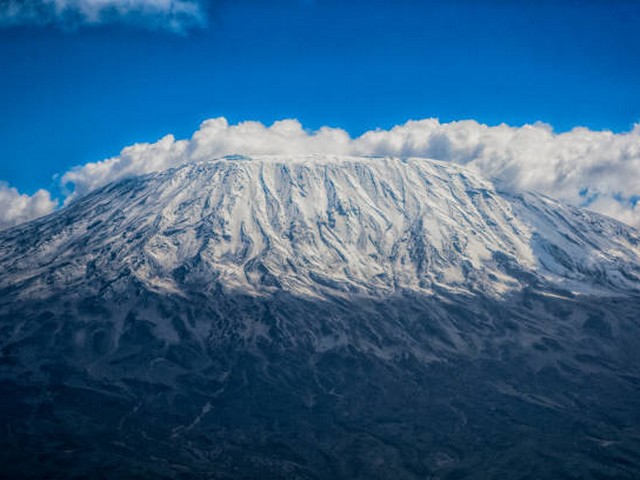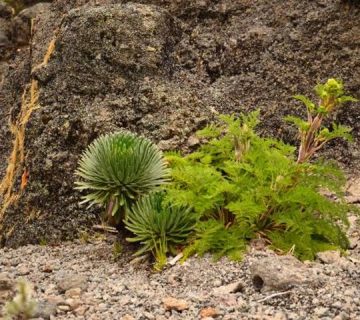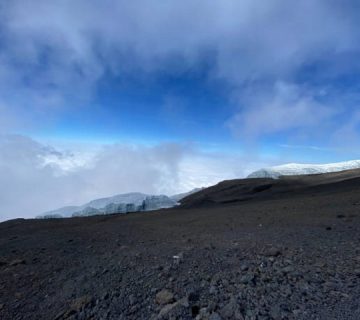Exploring Kilimanjaro’s Unique Cultural Landmarks with KCTE
Welcome to a journey through the heart of Tanzania, where the majestic Mount Kilimanjaro not only touches the sky but also deeply roots in the rich tapestry of cultural heritage that surrounds it. If you are gearing up for an adventure that transcends the physical climb and delves into the cultural spirit of this iconic location, you are in the right place. Join us, Kilimanjaro Centre for Trekking and Ecotourism (KCTE), as we explore the unique cultural landmarks that make Kilimanjaro a beacon of cultural tourism.
The Cultural Mosaic at the Foot of Kilimanjaro
Mount Kilimanjaro is surrounded by a mosaic of tribal communities, each contributing to the mountain’s cultural diversity. The Chagga people, native to the Kilimanjaro region, have lived on the mountain’s slopes for centuries, creating a rich history that is as intriguing as the scenic hikes up the mountain itself.
Chagga Home Gardens
One of the most striking features of the Chagga community is their traditional home gardens. Known as ‘Kihamba’, these gardens are a testament to the Chagga’s expert agricultural methods, which include mixed cropping under banana canopy – an ancient technique that you won’t find in textbooks. These gardens are not just food sources but are also deeply spiritual spaces where nature and culture intertwine.
Coffee Plantations
Kilimanjaro’s slopes are fertile grounds for Tanzania’s famous Arabica coffee. Visiting the coffee plantations provides a unique insight into the traditional methods of coffee growing, which have been passed down through generations. The coffee tour ends with the most rewarding cup of coffee you’ll ever taste, brewed freshly from the beans you watched being grounded.
Spiritual Sites Around Kilimanjaro
The spiritual significance of Kilimanjaro extends into every corner of its vast ecosystem. The local communities hold the mountain in high regard, attributed to its imposing presence and life-giving resources.
Waterfalls and Sacred Forests
The slopes of Kilimanjaro are dotted with breathtaking waterfalls and sacred forests that are believed to be the dwelling places of spirits. The Materuni Waterfall and the surrounding forest, for example, are considered sacred by the Chagga people. A visit here offers not just a stunning view, but also a chance to experience the spiritual rituals that protect these sacred sites.
Ancient Caves
Hidden amidst the lush greenery are ancient caves that have served various purposes over the centuries, from spiritual rituals to hideouts during tribal wars. Exploring these caves, you’ll hear tales of ancient warriors and revered spiritual leaders who shaped the history of the tribes around Kilimanjaro.
Architectural Wonders
Kilimanjaro is not just about natural beauty and lush landscapes; it also boasts architectural landmarks that tell tales of colonial times and the indigenous response to them.
Old Moshi
Old Moshi is the area where the first German missionaries settled in the late 19th century. Buildings from the colonial era still stand today, offering a glimpse into the architectural styles of the time and the history of colonial impact on the local communities.
Traditional Chagga Houses
No cultural tour around Kilimanjaro is complete without visiting the traditional Chagga houses. These cylindrical houses with conical thatched roofs represent the ingenuity of traditional architecture that utilized local materials and was adapted to the mountain’s climate.
Engage with the Community
Cultural Festivals
Participate in local festivals and ceremonies if your visit coincides with these events. These vibrant celebrations are filled with traditional music, dance, and local cuisine, offering a firsthand experience of the cultural richness of the Kilimanjaro region.
Visit Local Markets
The local markets around Kilimanjaro are bustling hubs of trade and social interaction. Visiting these markets allows you to not only buy unique local crafts but also to interact with the artisans who make them, offering deeper insights into their way of life.
Why Choose KCTE for Your Kilimanjaro Adventure?
At Kilimanjaro Centre for Trekking and Ecotourism, we are not just about guiding you to the summit; we are about creating a holistic experience that includes the cultural, ecological, and spiritual facets of this magnificent mountain. Our expert guides are locals who not only know the paths but also the culture and history of the regions. By booking your Kilimanjaro climbing adventure with us, you choose to immerse in an authentic cultural experience while ensuring responsible travel that respects the local communities and their environment.
FAQs About Cultural Landmarks Near Kilimanjaro
Q: How can I participate in local cultural festivals?
A: The best way is to plan your trip around the dates of major festivals. KCTE can help you with the scheduling and provide access to these cultural events.
Q: Are there opportunities to volunteer in community projects?
A: Yes, there are numerous community projects around Kilimanjaro that welcome volunteers. KCTE can connect you with reputable projects that make a positive impact.
Q: What should I bring when visiting sacred sites?
A: Respect for local customs is key. Dress modestly and ask permission before taking photographs. It’s also a good idea to bring a small offering, such as food or school supplies, which KCTE can advise on.
Q: Is it safe to visit the local markets?
A: Yes, the local markets are safe, but it’s advisable to visit with a guide who knows the area and can help you communicate with the locals.
Join us at Kilimanjaro Centre for Trekking and Ecotourism to discover the soul of Kilimanjaro through its unique cultural landmarks. Let’s make your climb a journey through the rich cultural heritage that makes this mountain truly special. Book your adventure today and take home memories that last a lifetime.




